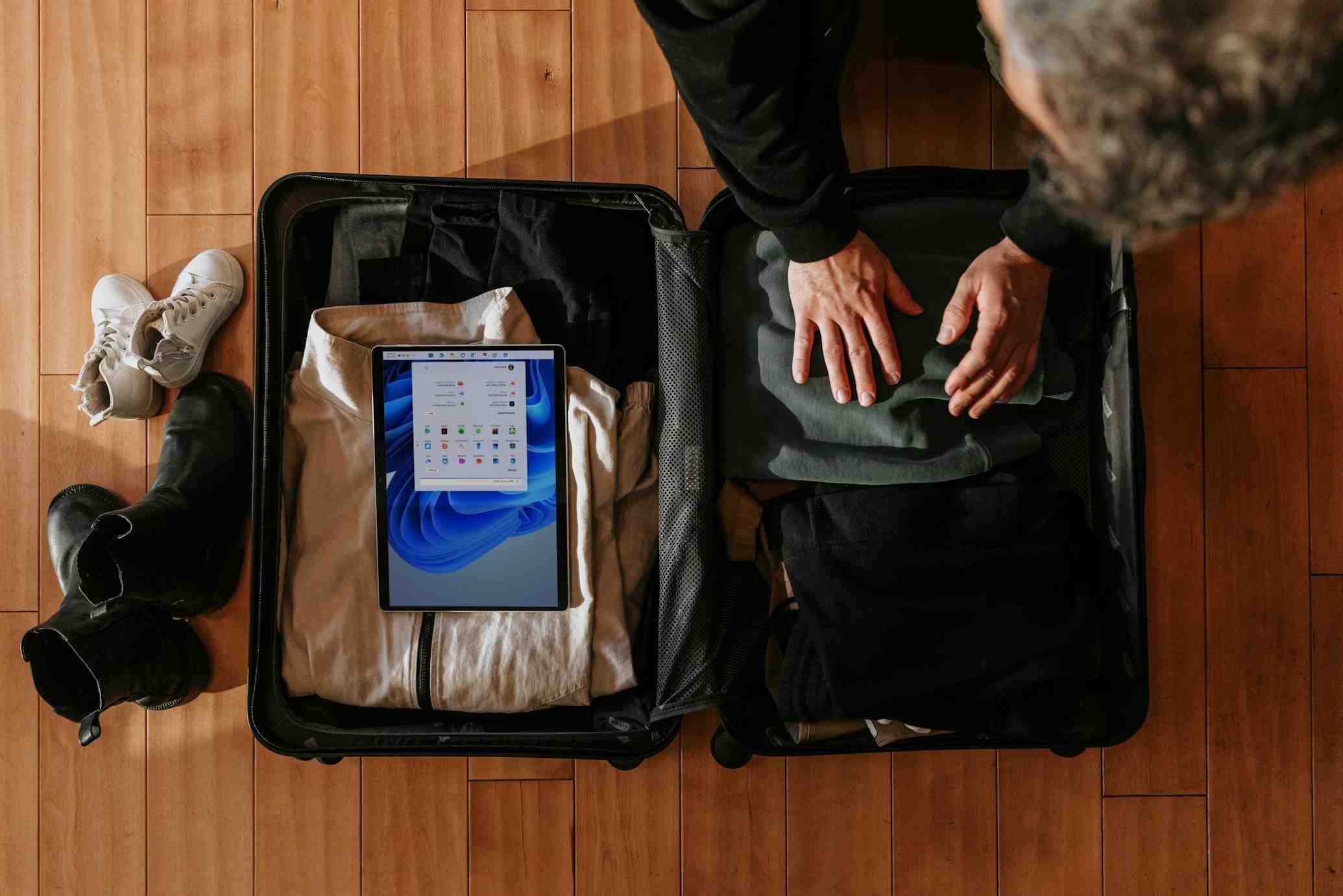A Business Traveler’s Guide to the Middle East

The Middle East, a crossroads of continents and cultures, is a region of dynamic growth and significant business opportunity. From the towering skyscrapers of Dubai and Doha to the burgeoning tech scene in Riyadh, the region is a key player on the global economic stage. For the unprepared business traveler, however, navigating its unique cultural and business landscape can be a challenge. Success here is built on a foundation of respect, patience, and relationship-building.
This guide offers essential insights and practical advice for anyone traveling for business to the Middle East, with a focus on the Gulf Cooperation Council (GCC) countries like the UAE, Saudi Arabia, Qatar, and Oman.
Understanding the Culture of Business
In the Middle East, personal relationships are the bedrock of business. Deals are done with people you know and trust, and building that trust takes time.
-
The Importance of "Wasta": The concept of "wasta" roughly translates to your network, connections, or influence. It's the idea that who you know is often as important as what you know. Building a strong network of local contacts is crucial for long-term success.
-
Relationship First, Business Second: Don't expect to jump straight into a presentation or negotiation. Meetings almost always begin with an extended period of social conversation. You'll be offered coffee or tea, and your host will ask about your journey, your family, and your well-being. This is not just idle chit-chat; it's a critical part of the relationship-building process. Rushing this can be seen as rude and may jeopardize your business objectives.
-
Patience is a Virtue: The pace of business can be slower than in the West. Decisions often require consensus from multiple stakeholders, and a "yes" might not be immediate. Follow-up politely but patiently. High-pressure sales tactics are generally ineffective and can be counterproductive.
Key Etiquette for Business Interactions
Small gestures of respect can have a big impact.
-
Greetings: Greetings are important. A handshake is common between men. When meeting a Muslim woman, it is respectful to wait for her to extend her hand first. If she does not, a polite nod and a smile are appropriate.
-
Use of the Right Hand: In Islamic culture, the left hand is considered unclean. Always use your right hand to shake hands, give or receive business cards, and handle food.
-
Business Attire: The business environment is formal. For men, a conservative suit and tie are standard. For women, modest attire is essential. This means covering the shoulders and knees, and avoiding tight or revealing clothing. In more conservative countries like Saudi Arabia, a headscarf (hijab) and a loose-fitting cloak (abaya) may be required for women in public places, though rules are relaxing, especially in business compounds. Always research the specific dress code for the country and city you are visiting.
-
The Weekend and Prayer Times: The weekend in most of the Gulf is Friday and Saturday. Do not try to schedule meetings on a Friday, as it is the holy day for Muslims. Be aware of daily prayer times. While you won't be expected to pray, it's important to be respectful and to understand that your counterparts may need to take a break for prayer.
Logistical Considerations
-
Visas and Sponsorship: Visa requirements vary. For some GCC countries, many nationalities can get a visa on arrival. For others, particularly Saudi Arabia, you will likely need a visa sponsored by your local business partner. Start this process well in advance, as it can take time.
-
Travel and Transportation: Major hubs like Dubai (DXB) and Doha (DOH) are world-class airports. For ground transportation, ride-sharing apps are widely available. Taxis are also plentiful, but be sure to use official, metered taxis. Renting a car is an option, but be aware that driving styles can be aggressive.
-
Weather: The climate is hot and arid for most of the year. Plan your travel for the cooler months (October to April) if possible. If you must travel in the summer, be prepared for extreme heat and stay hydrated.
-
Ramadan: During the holy month of Ramadan, Muslims fast from sunrise to sunset. It is illegal and highly disrespectful to eat, drink, or smoke in public during fasting hours. Business hours are often shortened, and the pace of work slows down considerably. While business can still be conducted, it's important to be extra patient and respectful during this time.
Conducting business in the Middle East is a rewarding experience. It's a region where personal connections are valued deeply. By taking the time to understand and respect the local culture, you can build the strong, trust-based relationships that are the foundation of lasting business success.
A travel management platform can help you navigate the logistics, ensuring your team has the correct visa support, appropriate accommodations, and 24/7 assistance on the ground.
Let Routespring help you plan your next business trip to the Middle East.